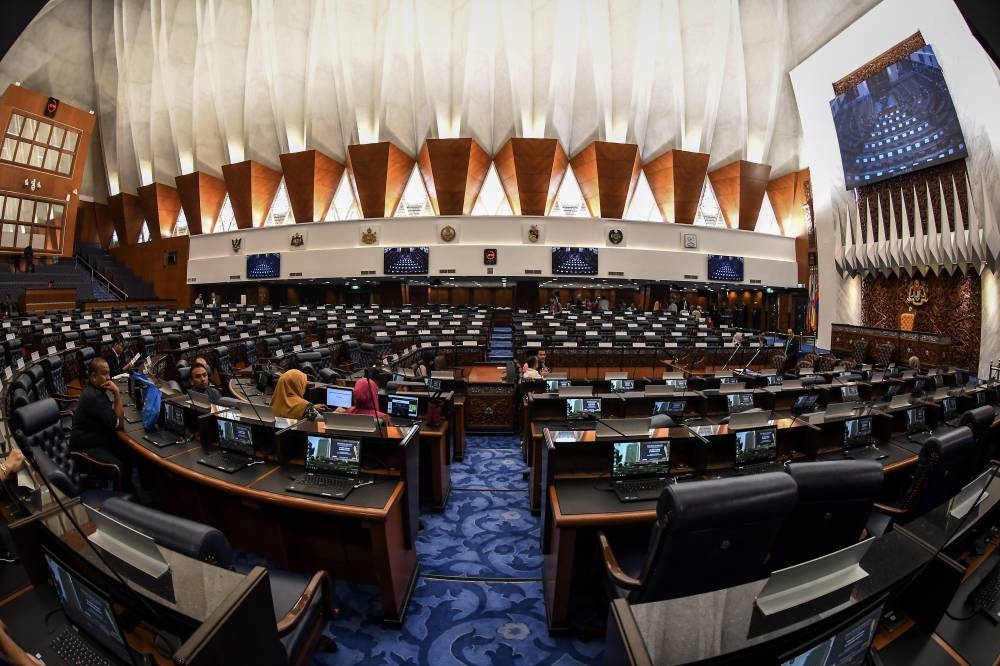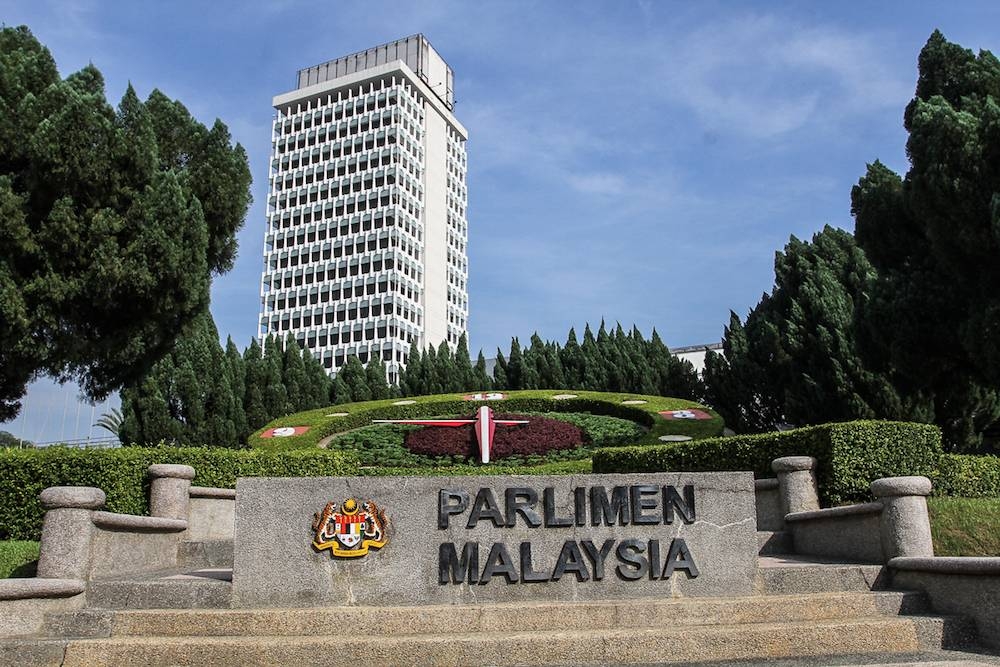KUALA LUMPUR, July 19 — A Parti Amanah Negara MP today called for the proposed Anti-Sexual Harassment Act to widen its protection to include the “third gender” community, even as Putrajaya does not endorse the lesbian, gay, bisexual, transgender and queer (LGBT) persons.
Datuk Hasanudin Mohd Yunus, representing Hulu Langat, said the new Bill must protect the community from being victimised, even if the Parliament and MPs oppose and reject them.
“As we talk about the gender definition [in the Bill], even if we don’t agree with the group that calls itself the third gender in between males or females, even as MP we don’t endorse [the transgender community] .., We cannot deny that they exist and they too can be [victims] of sexual harassment,“ he said during the second reading debates.
“We as MPs must think of ways to protect them so that no community would be victimised, that our purpose is to ensure that no victimisation will happen in such situations [that involves them],” he added.
Amanah, a splinter party originally comprising the more moderate former leaders from Islamist party PAS, have thrown their support for the protection of the community despite having openly stated that they “disagree” with the diversity of sexuality and gender identity.
In June last year, the Malaysian Human Rights Commission (Suhakam) had posted on Facebook that it was looking for researchers for a project titled “Research on Feasibility of Having Legislation on The Recognition of a Third Gender in Malaysia”.
The call was however opposed fervently by PAS and others in the Islamist lobby in Malaysia, including the coalition of Muslim groups called Ummah.
The new Bill, among others, expands the legal options for survivors by creating a special tribunal, held behind closed doors, adjudicated by experts in law and matters relating to sexual harassment.
Minister of Women, Family and Community Development of Malaysia Datuk Seri Rina Mohd Harun said when tabling the bill that the new anti-sexual harassment law would have the power to order a range of remedies besides monetary compensation, such as an apology or counselling, and must do so within 60 days.
The standard of proof required is on the balance of probabilities — similar to civil cases — while the sexual harasser’s past conduct or conversations the survivor had about their experience could be submitted as evidence.




















